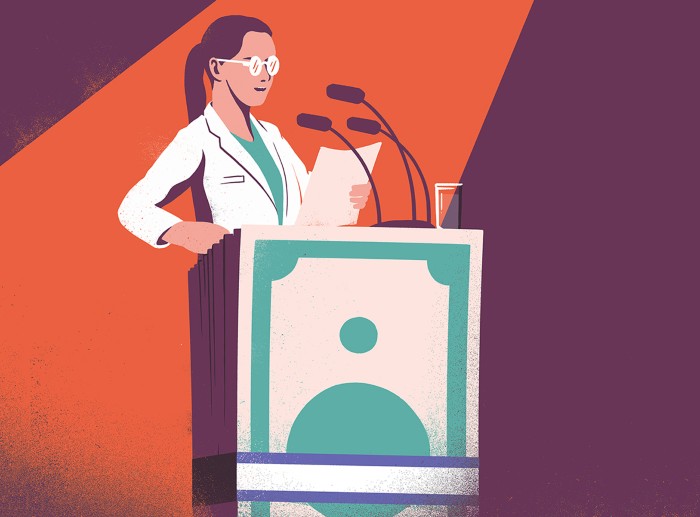 Brian Gallagher
Brian Gallagherethicalsystems.org
Originally published August 20, 2019
Here are two excerpts:
How might human beings be mismatched to the modern business environment?
Many problems of the modern workplace have not been viewed through a mismatch lens, so at this point these are still hypotheses. But let’s take the role of managers, for example. Humans have a strong aversion to dominance, which is a result of our egalitarian nature that served us well in the small-scale societies in which we evolved. One of the biggest causes of job dissatisfaction, people report, is the interaction with their line manager. Many people find this relationship extremely stressful, as it infringes on their sense of autonomy, to be dominated by someone who controls them and gives them orders. Or take the physical work environment that looks nothing like our ancestral environment—our ancestors were always outside, working as they socialized and getting plenty of physical exercise while they hunted and gathered in tight social groups. Now we are forced to spend much of our daytime in tall buildings with small offices surrounded by genetic strangers and no natural scenes to speak of.
(cut)
What can business leaders learn from evolutionary psychology about how to structure relationships between bosses and employees?
One of the most important lessons from our research is that leaders are effective to the extent that they enable their teams to be effective. This sounds obvious, but leadership is really about the team and the followers. Individuals gladly follow leaders who they respect because of their skills and competence, and they have a hard time, by contrast, following a leader who is dominant and threatening. Yet human nature is also such that if you give someone power, they will use it—there is a fundamental leader-follower conflict. To keep managers from following the easy route of threat and dominance, every healthy organization should have mechanisms in place to curtail their power. In small-scale societies, as the anthropological literature makes clear, leaders are kept in check because they can only exercise influence in their domain of expertise, nothing else. What’s more, there should be room to gossip about and ridicule leaders, and leaders should be regularly replaced in order to prevent them building up a power base. Why not have feedback sessions where employees can provide regular inputs in the assessment of their bosses? Why not include workers in hiring board members? Many public and private organizations in Europe are currently experimenting with these power-leveling mechanisms.
The info is here.






